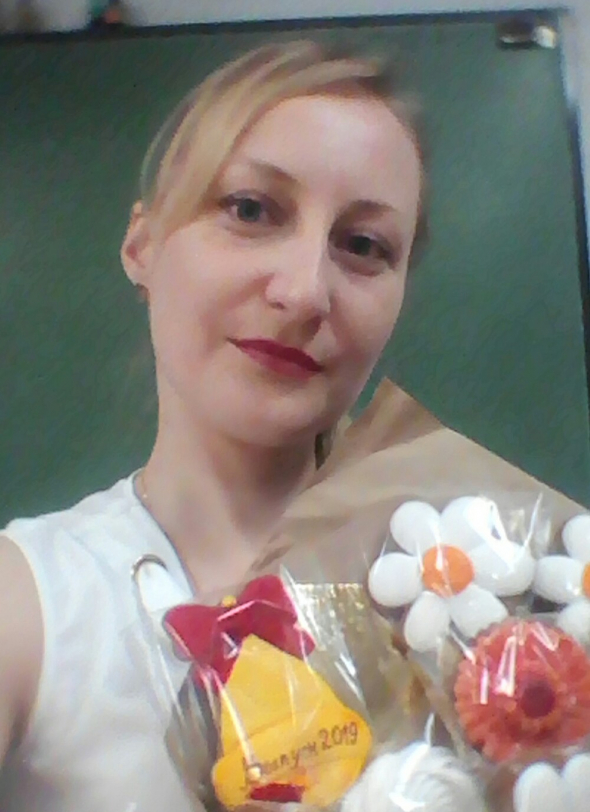
Infinitive and –ing form
Инфинитив и глагол с -ing

Infinitive
TO V
V
To work
work

Infinitive with TO
Для выражения цели.
После глаголов, обозначающих отношение к будущему действию другого лица ( agree, appear, decide, expect, hope, plan, promise, refuse, want , etc., а также в структурах smb to do smth.
She went out to buy some cheese.
После be + the first/second/next/last/etc.
После прилагательных, обозначающих чувства и эмоции (happy, glad, sad, etc.) готовность/неготовность (eager, reluctant, willing, etc.), черты характера человека (clever, kind, etc.), с прилагательными lucky и fortunate по отношению к какому-либо действию.
I expect you to be here.
После too/enough.
She was the first person to call me on my birthday.
He’s old enough to see this film.
I was glad to hear you had passed your last exam.
После would like, would prefer, would love для выражения определённого предпочтения.
I would love to come to your party.

Infinitive with TO
В устойчивых выражениях to tell you the truth, to be honest, to sum up, to begin with, etc .
To sum up , we need more practise.
После глаголов ask, decide, explain, find out, learn, want, want to know, когда за ними следует вопросительное слово .
C only , выражающим неудовлетворительный результат.
She asked me when to get the tickets.
После некоторых существительных: honour, goal, way.
She drove there only to find the train had left.
В выражениях
С so + adj. + as
You can find a better way to spend your time.
for + noun/pronoun + to inf.
It was very surprising for him to meet us at the station.
Would you be so kind as to help me with the door?

Infinitive without TO
После модальных глаголов .
В глагольных выражениях let, make, see, hear, watch, notice, feel + smb. + inf.
Sam can speak Italian fluently.
После had better и would rather.
Her mom lets him travel on his own.
You had better take your umbrella.
НО! C be made, be heard, be seen в страдательном залоге употребляется инфинитив с частицей to:
He was made to leave the city.

-ing form
В роли подлежащего
Exercising is good for your health.
После глаголов admit, appreciate, avoid, consider, continue, deny, fancy, go (for activities), imagine, mind, miss, practise, prevent, quit, save, suggest . You should avoid eating junk food.
После глаголов spend, waste, lose (time, money, etc.)
После глаголов love, like, enjoy, prefer, dislike, hate для выражения общего предпочтения.
He spends an hour playing a guitar every day.
После глагола prefer для выражения конкретного предпочтения. She prefers walking to driving on the way to work.
Brian prefers walking alone.
После выражений: be busy, it’s no use, it’s no good, it’s (not) worth, what’s the use of, can’t help, there’s no point (in), can’t stand, have difficulty (in), have trouble etc.
После глаголов hear, listen to, notice, see, watch, feel для обозначения незавершённого действия.
I have difficulty (in) understanding what he says.
I saw Paul waiting for the bus. (видел только часть действия)
С такими глаголами и выражениями, как think of, apologise for, object to, look forward to, be used to, in addition to. He apologized for being late.

Complex Object Сложное дополнение .
to hear/see/feel/watch smb do/doing smth
Smb = me, you, him, her, it, them, сущ. в косвенном падеже.
I saw her crossing the street. Я видела, как она переходила улицу.
(процесс, незавершённое действие).
I saw her cross the street. Я видела, что она перешла улицу (свершившийся факт).

Infinitive/-ing form
1. Sue promised …….( study ) harder.
2. The suspect denied ……( steal ) the old woman’s purse.
3. Her parents don’t let her …………( stay ) out late.
4. After ……( do ) household chores I always relax on the sofa.
5. I really look forward to ….( visit ) Euro Disney at Christmas.

Infinitive/-ing form
1. Sue promised to study harder.
2. The suspect denied stealing the old woman’s purse.
3. Her parents don’t let her stay out late.
4. After doing household chores I always relax on the sofa.
5. I really look forward to visiting Euro Disney at Christmas.

Differences in meaning between the to inf./-ing form
verb
to inf.
Remember
-ing form
(помнить)
Помнить, не забывать
try
stop
Did you remember to call Maria?
Помнить о событии в прошлом
(стараться)
Стараться делать всё возможное
go on (продолжать, начать)
Остановиться на время с целью что-то сделать
(остановиться, прекратить)
I tried to convince her that everything would be alright .
Делать что-то в качестве эксперимента
I remember meeting her in Paris.
You should try exercising more often.
While he was driving to work, he stopped to buy a sandwich.
Прекратить делать что-либо
Закончить действие и приступить к новому действию
She stopped drinking coffee months ago.
She did the washing up, then went on to tidy up the kitchen.
Продолжать делать что-либо
She went on talking for hours.



























